This information aims to provide helpful information for parents and carers of children born with hand differences. It gives a very simple overview of how and why hand differences happen as well as the support that is available.
View resourceClick here for a downloadable Congenital Hand Difference leaflet NHS Lothian: Authors: AD Celland, O Duncan, WL Lam.
Please note: New Families Information Booklet due for publication 2024.
What are CHDs?
‘Congenital’ means ‘from birth’. Congenital hand differences (CHDs) occur when a child is born with a hand that had formed differently from what we would expect of a ‘normal’ hand. This happens in up to 1 in 2,000 live births. Please note that we prefer the term ‘differences’ rather than ‘abnormalities’ because that is exactly what it means, i.e., it is just ‘different’ rather than ‘abnormal’.
How do CHDs happen?
Embryology is the study of how a foetus develops. This image shows how the human embryo grows inside the womb. Note that the hand is fully formed within 4 to 8 weeks of a woman becoming pregnant.
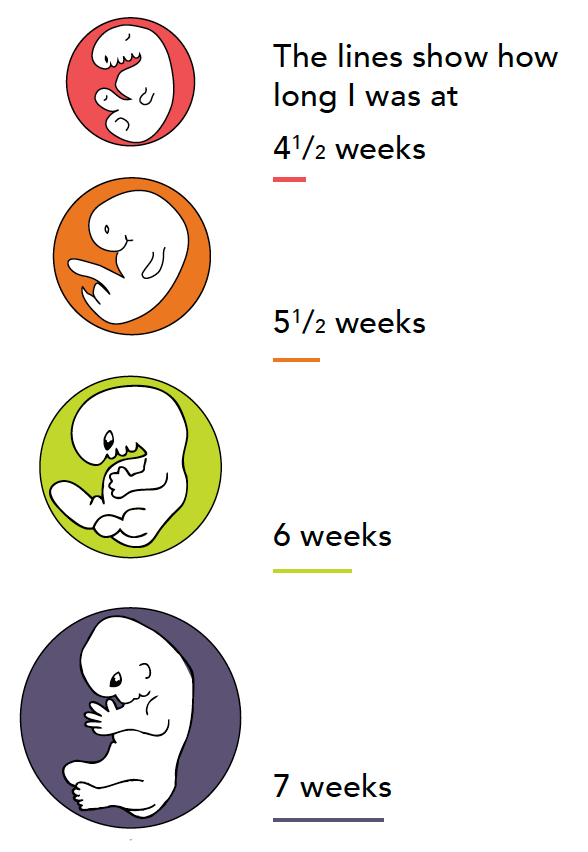
The developing embryo uses a network of signals which work together to form the hand. This happens in three directions to produce the 3D shape of the fully developed human hand.
One of the most important regulators of this development is a protein called sonic hedgehog (SHH). Sometimes, there is either too much or too little SHH, which causes the hand to develop differently.
Why has this happened? Depending on when and where in the growth pathway these signals differ, development of the upper limb and hand will be affected in different ways.
It is not yet clear why CHDs happen. They may be due to genes – which ‘plan’ how the foetus develops in the womb – or the environment in which the baby grows inside the womb, or the external environment.
However, we know that most CHDs happen for unknown reasons and are not related to the genes or behaviours of parents. It is important to remember that in the overwhelming majority of cases, parents are not to blame when CHDs happen.
For more information visit the Professionals page.
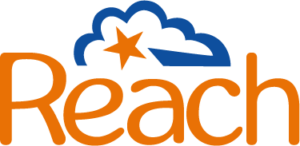
Through our website, closed social media groups, local, regional, and national events, and our children and young people’s projects the Reach community provide useful information/support for families as a child/young person reaches each milestone.
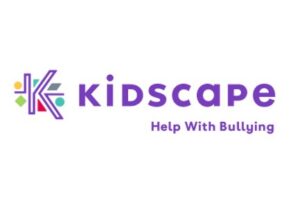
Kidscape teach children proven techniques to build self-confidence, impartial, non-judgemental information, advice and support to parents, carers, family members or professionals who are concerned about a child.
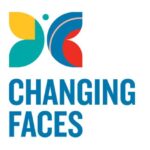
Changing Faces offer emotional support, advice and information, seek to develop positive attitudes and better cope with feelings.
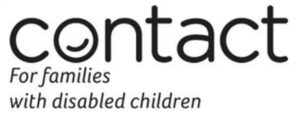
Contact the charity for families with disabled children. We support and bring families together and help them take action for others.

